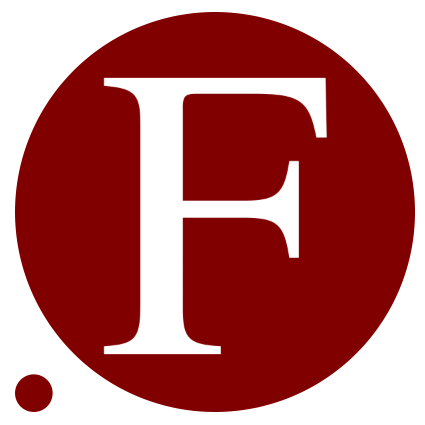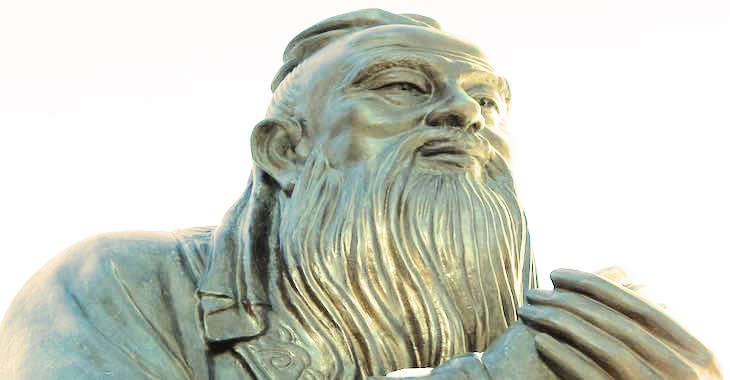Trying the Dead
Emmanuel Melissaris on achieving justice when the defendant is dead
The Crown Prosecution Service prosecuted the late Lord Janner in rather tumultuous circumstances in June 2015 for a series of offences committed, according to strong preliminary evidence, in the past. In December 2015, the court found Lord Janner to be unfit to plead, as he was suffering from severe dementia and was unable to understand, let alone participate in, the proceedings. The CPS decided to go ahead with a trial of the facts, a procedure meant to ascertain the facts without passing a verdict. Shortly after this, Lord Janner passed away. This did not deter the CPS from pursuing a trial of the facts subject to an open court allowing it. However, the court dropped the case. The main reason for this seems to be that the law as it currently stands does not allow for the trial of dead defendants. This is, indeed, in line with normal CPS practice.
Lord Janner’s case throws open a number of questions. The second-order, and perhaps more important, questions are whether there are good reasons for prosecuting and trying alleged wrongdoers who have passed away, and whether it might be justified and possible to respond to such wrongdoing posthumously. The more specific question is whether there are good reasons to treat Lord Janner’s case differently.
Let me start with the latter. Why try Lord Janner and not also go ahead with the prosecution of, say, Robert Black, Jimmy Savile, and others? One obvious difference is that prosecution had already begun while Lord Janner was alive. Is this sufficient, morally, to justify differential treatment between these cases? It might have been had the defendant been in a position to contribute to the proceedings in the first place, so as to satisfy the various procedural requirements of defendant participation. This, however, was not the case. Might the difference then be that trying Lord Janner would have been of greater public interest than other similar cases? No such justification has been provided and I doubt that one is available. And, in any case, such choices can only be made with some pre-existing legal guidance for them not to be completely arbitrary, determined by pressure from whatever direction, and for them to comply with basic requirements of the rule of law.
Now, can we justify prosecuting and trying alleged wrongdoers posthumously in order to somehow respond to the wrong? There is an underlying question here. As it is often posed, does a criminal wrong die with the wrongdoer? The answer is, I would suggest, a clear no. Wrongs do not die with us any more so than any other way in which we have impacted on others during our lifetimes. It is not only the consequences of our actions that survive us, but also they ways in which our acts have shaped the standing of others within the community and the ways in which the acts of others have shaped our standing. This is precisely why we do not think twice when treating the dead as subjects capable of being rewarded, pardoned, and so on.
If we think about practices of holding people criminally responsible in terms of the wrongful impact their acts or omissions have had on other members of the political community, as well as the community as a whole, we will also see that the point of criminalization and punishment is not (exclusively) to deter others from committing crimes or to inflict on wrongdoers some harm that they deserve because of their wrongdoing. Rather, it is to provide assurance to everyone that the community will recognize and reaffirm their position in that community, stabilizing community relations. Indeed, the political community is under a duty to do so, a duty that pertains both to victims and defendants, whether they are dead or alive. We owe it to victims to fully investigate and to acknowledge that they have been victims of wrongdoing, but we also owe it to the accused not to allow allegations hang over their heads (which often drives civil society to take quasi-punitive measures against them).
All this presupposes that wrongdoers are treated with the respect owed to persons capable of reasoning, making decisions, acting on them, and accepting the consequences. This respect does, and ought to, animate procedures in the criminal justice system as well. We owe it to wrongdoers to explain to them why they are being held criminally responsible and why we respond to their wrongdoing in the heavy-handed way of the criminal law. This does not have to do with the effectiveness of the fact-finding process in the defendant’s absence; if anything, the criminal justice system is very cautious with evidence provided by the defendant that is not independently corroborated. It has to do with treating the defendant as an equal member of the political community rather than as an outcast.
This poses the biggest problem with putting the dead on trial. But it is not insurmountable. It goes without saying that everyone is entitled to full legal representation in court. But this has to be coupled with robust rule of law provisions that make it clear in which cases one might be tried after one’s death, and what measures might be taken to redress the wrongdoing once guilt has been established in proceedings that afford the highest standards of protection both to victims and to defendants. And the truth is that our criminal justice system is not currently adequately prepared (though trials of the facts might serve well). Institutional adjustments are required.
Finally, how might we be able to respond to wrongdoing after the wrongdoer’s death? Of course, it cannot be what we normally think of as punishment, namely, incarceration and so on. There are, however, measures that can be thought of as punitive (in the broader sense) but are not person-centred. For example, part of the wrongdoer’s estate might be expropriated (to the extent that no one else’s position is unduly affected). Depending on the crime, restorative measures might also be effective towards achieving the aims of assurance and stability in the political community.
To conclude, dropping the trial of the facts in Lord Janner’s case can be justified in a non-arbitrary manner on the basis of the rule of law. This, however, is not to say that there are no good reasons to do something about criminal wrongs after an alleged wrongdoer’s death. On the contrary, an institutional adjustment is urgently called for to make this possible so as to treat both victims and alleged wrongdoers with the respect they deserve.
Image credit: Jean Paul Laurens, ‘Le Pape Formose et Etienne VII’ (1870), Musée des Beaux-Arts, Nantes.
The Source Code
This essay is based on the article ‘Posthumous “Punishment”: What May Be Done about Criminal Wrongs after the Wrongdoer’s Death?’ by Emmanuel Melissaris, published in Criminal Law and Philosophy.






